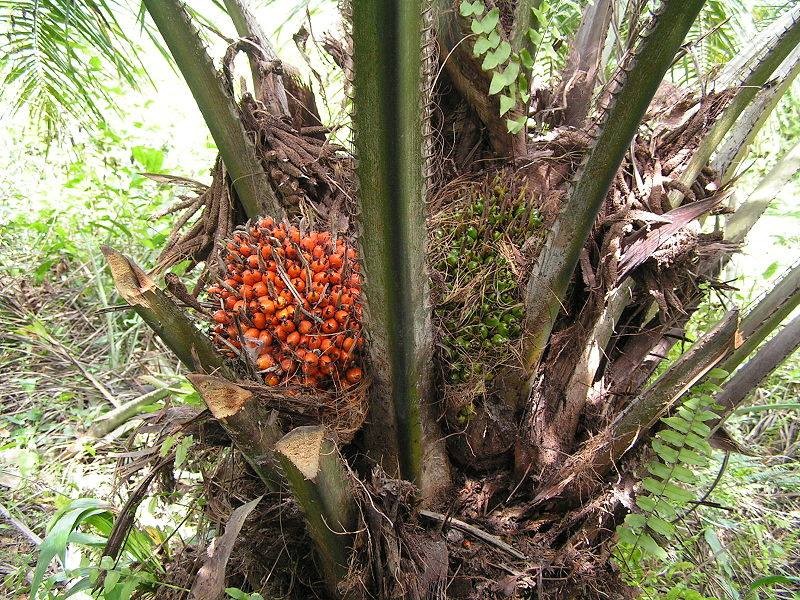The reduction was caused by the decline of crop areas by 8.4% to 10.5 million tonnes. Drought in major states producers - Mata Pradesh and Maharashtra is also a cause for the decline.
According to data of the Rosario Grain Board, in a number of provinces of Argentina the wheat sowing campaign will start later than normal. Many rainfalls in the provinces of Santa Fe, Buenos Aires and La Palma do not allow the start of the campaign. There is also a delay in the soybean sowing campaign.
On Sunday, the Egyptian authorities announced that they have started an investigation into the supply of French wheat with high content of poppy seeds. A batch of 63,000 tonnes of Romanian wheat is under investigation as well. The higher popy seeds content in the French wheat has been already confirmed.
Egypt announced a tender for the purchase of 10,000 tonnes of sunflower oil and 30,000 tonnes of soybean oil with delivery from 25.10 to 20.11.2017. Another 10,000 tonnes of soybean oil is being purchased with quotes in the national currency of Egypt.
According to experts from the Malaysian palm oil council, by the end of August 2017 ending palm oil stocks in the country grew by 8.79% over the previous month to 1.94 million tonnes. In August, production declined by 0.9% to 1.81 million tonnes versus July 2017, while export increased by 6.43% to 1.49 million tonnes.
During the week 4-10 September 479,422 tonnes of grain were exported from the Russian port of Novorossiysk, which is 36.4% more than the previous week and 300% more than the same week of the previous season. The data is Transagent. 452,021 tonnes of wheat (+ 28.6% for the week) and 27,401 tonnes of barley were exported.
A group of private Israeli feed producing companies announced a tender for the purchase of 90,000 tonnes of forage corn, 50,000 tonnes of forage wheat and 20,000 tonnes of forage barley. Deliveries must be made in the period 20.11.2017. - 10.02.2018, from the Black Sea region.
The ban on rice import into Iran, which has been in force since August 2017 will be in force until November. Such a restriction is introduced annually to protect local producers. Every year, 3 million tonnes of rice are consumed in Iran, of which 800,000 tonnes are imported from the UAE, India, Pakistan, Thailand, Turkey and Iraq.

